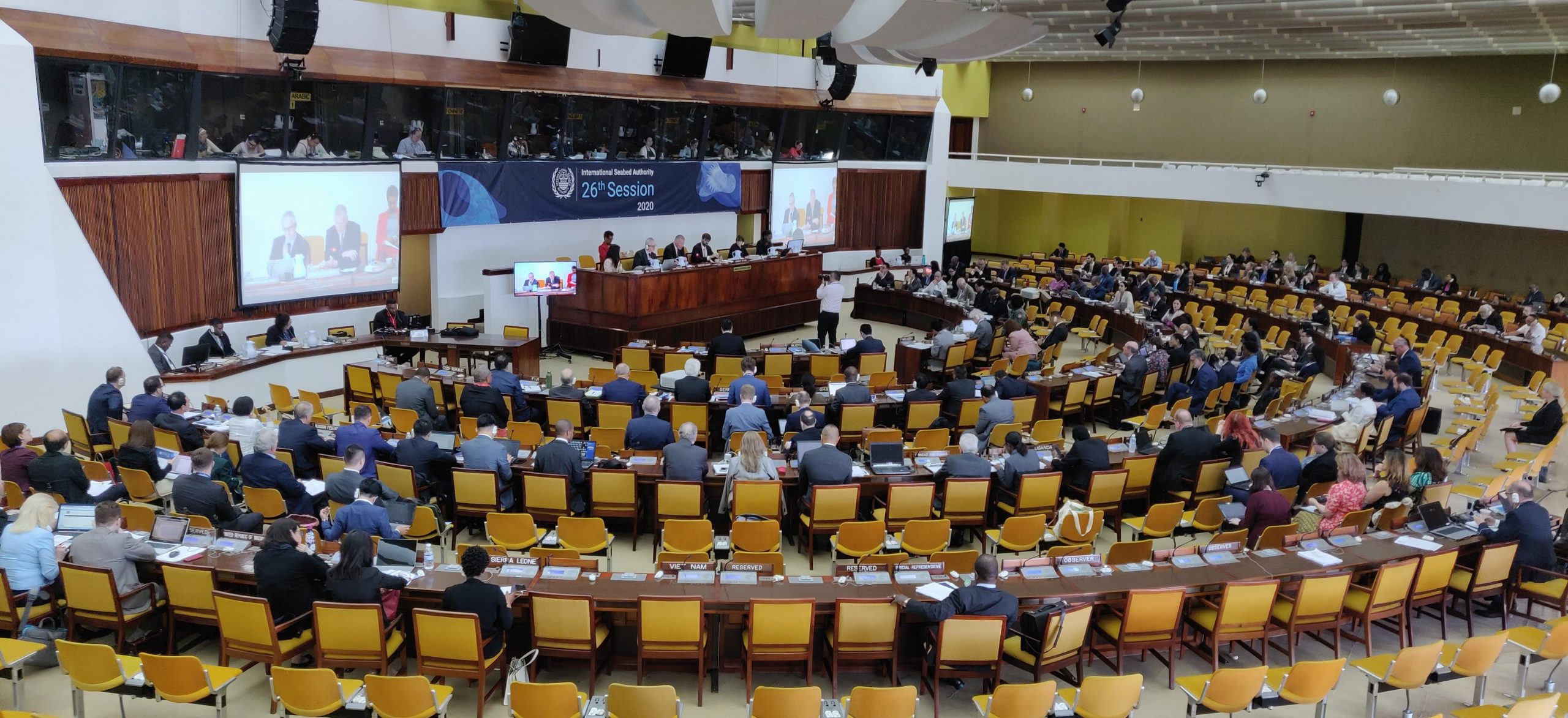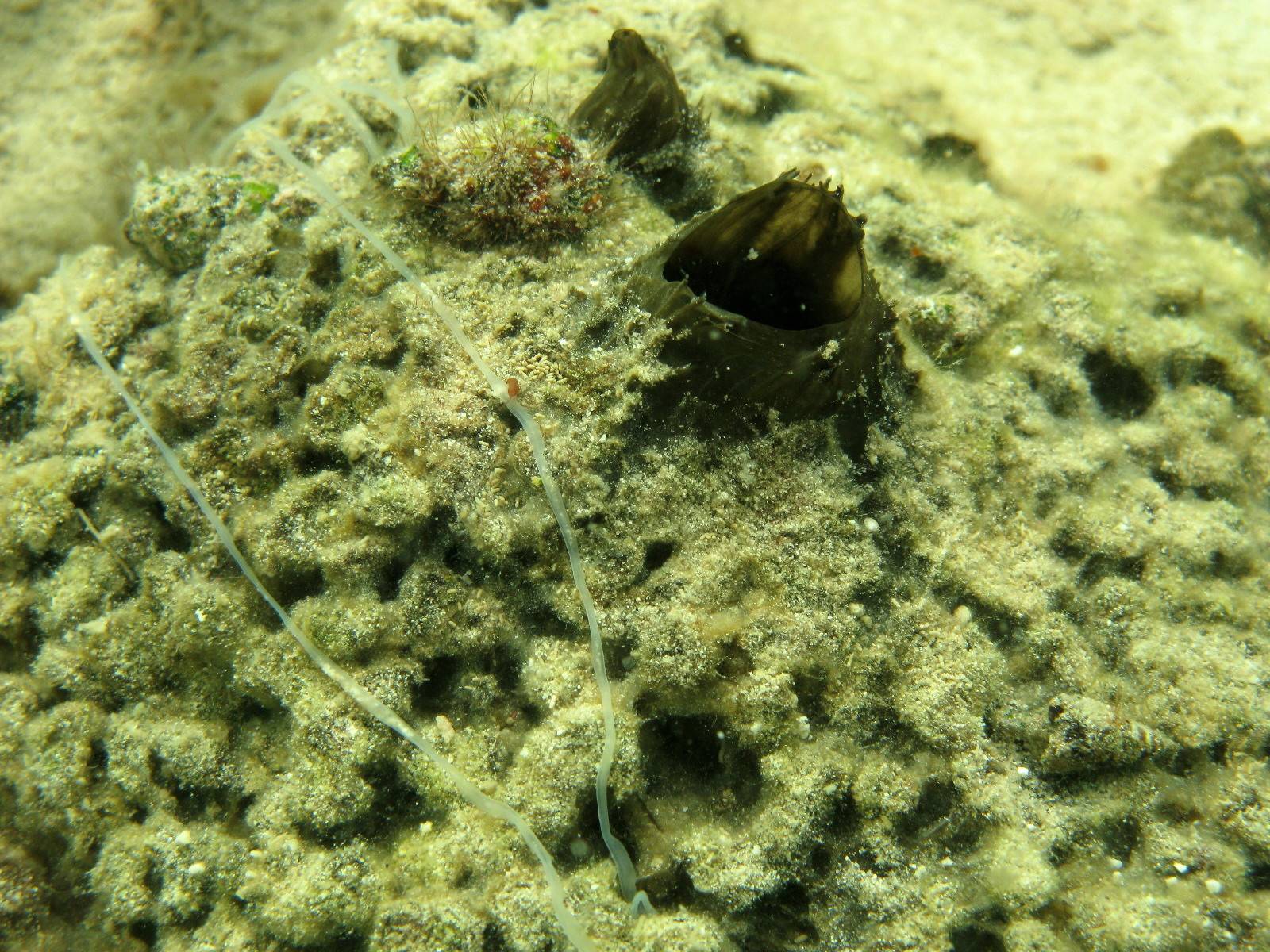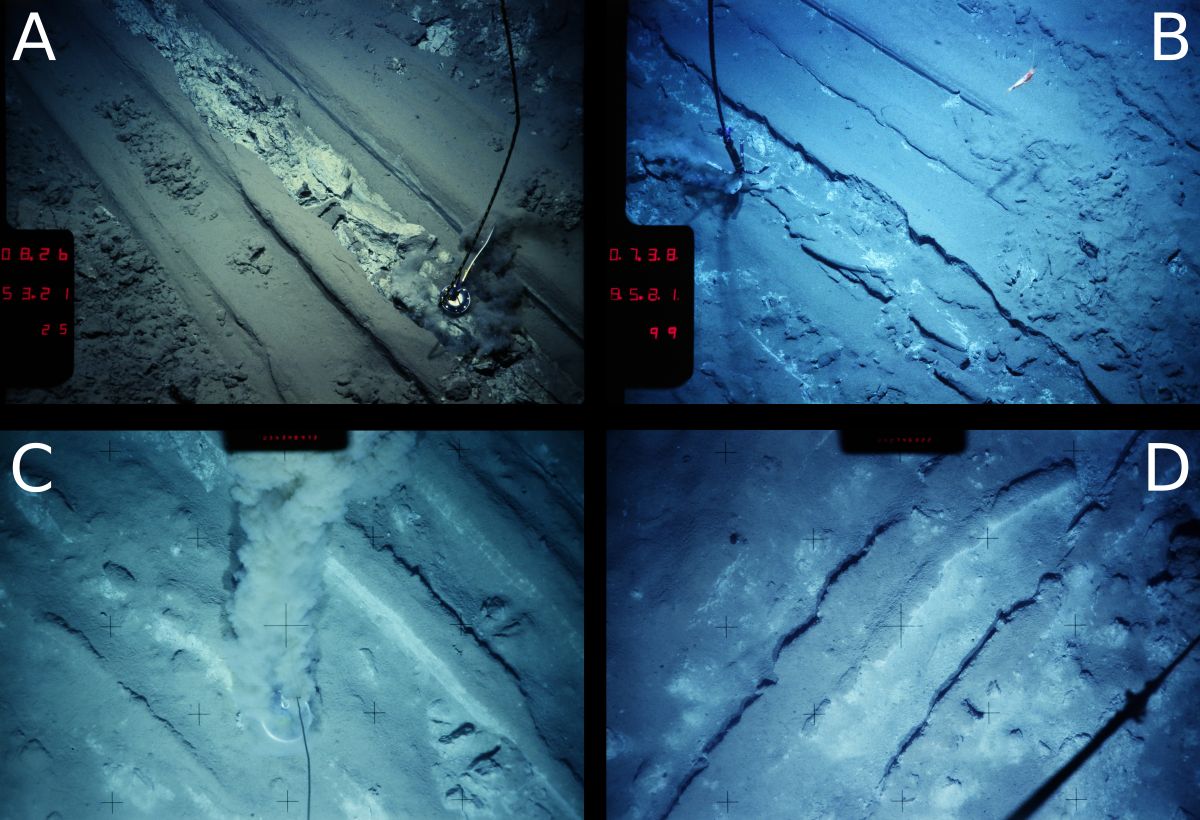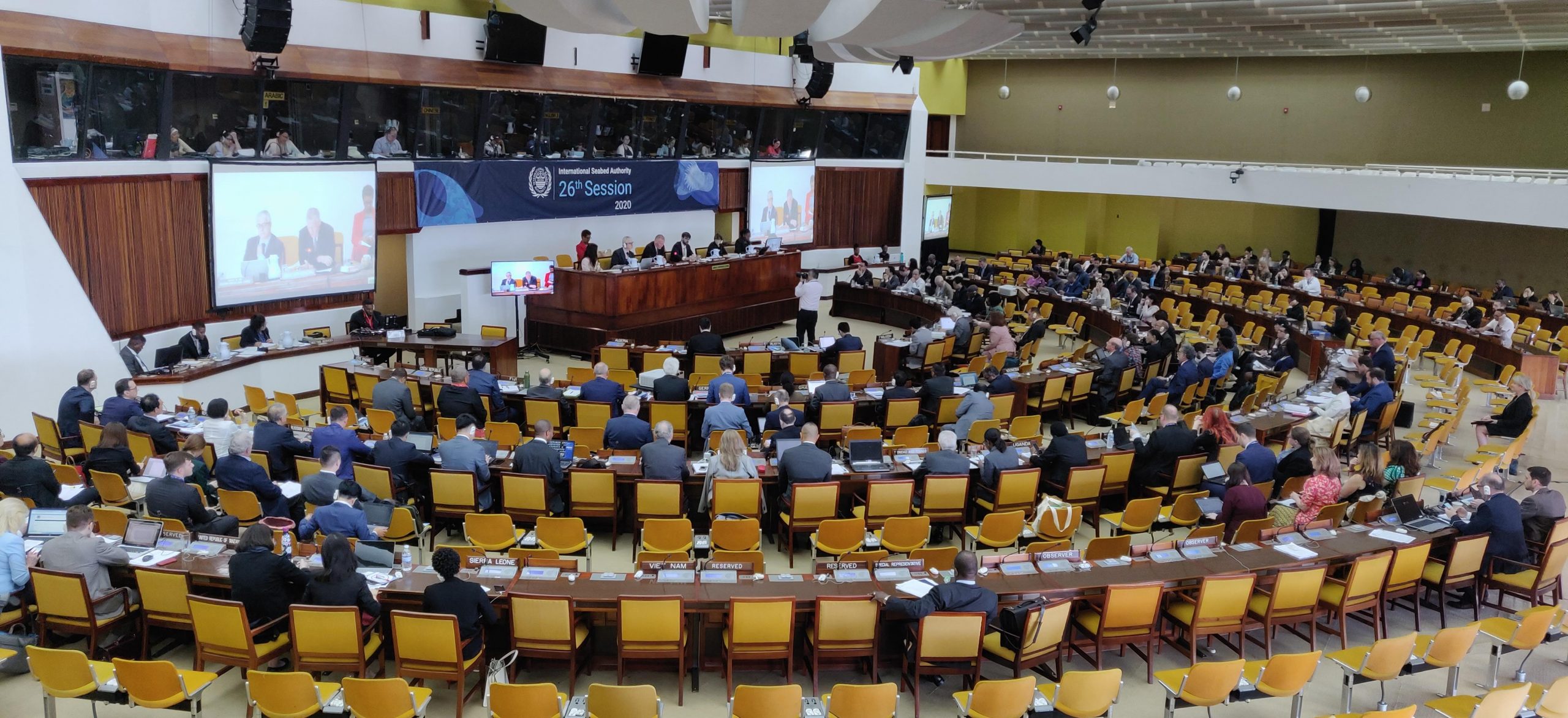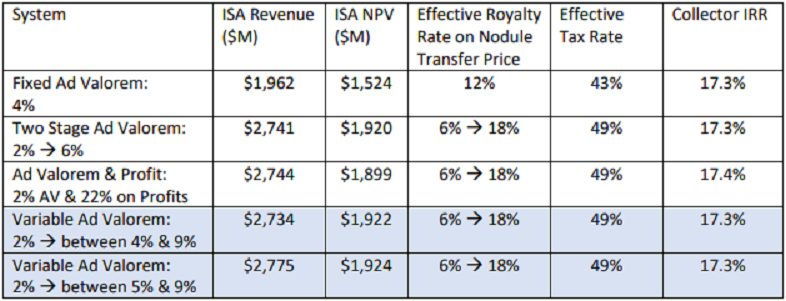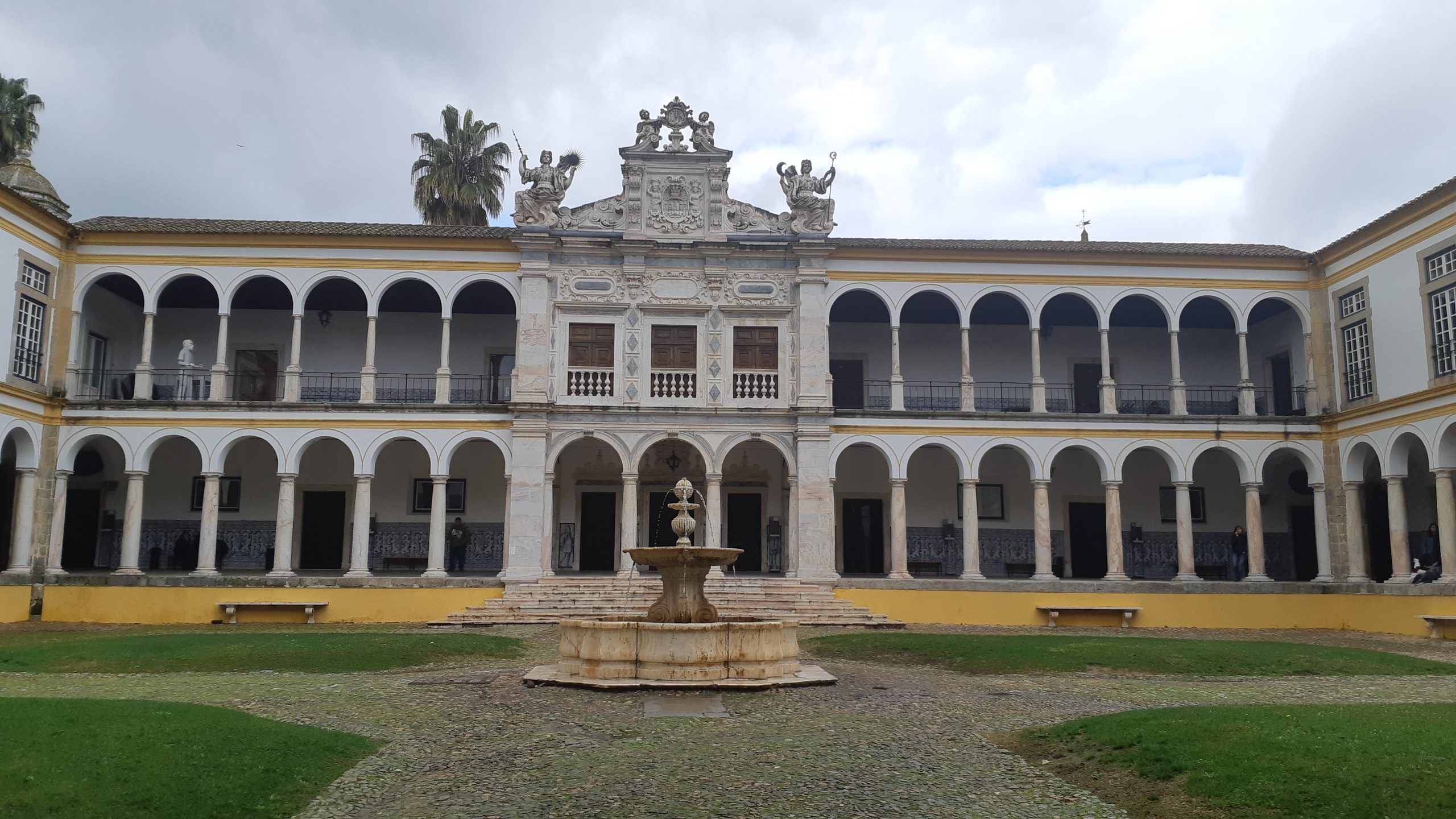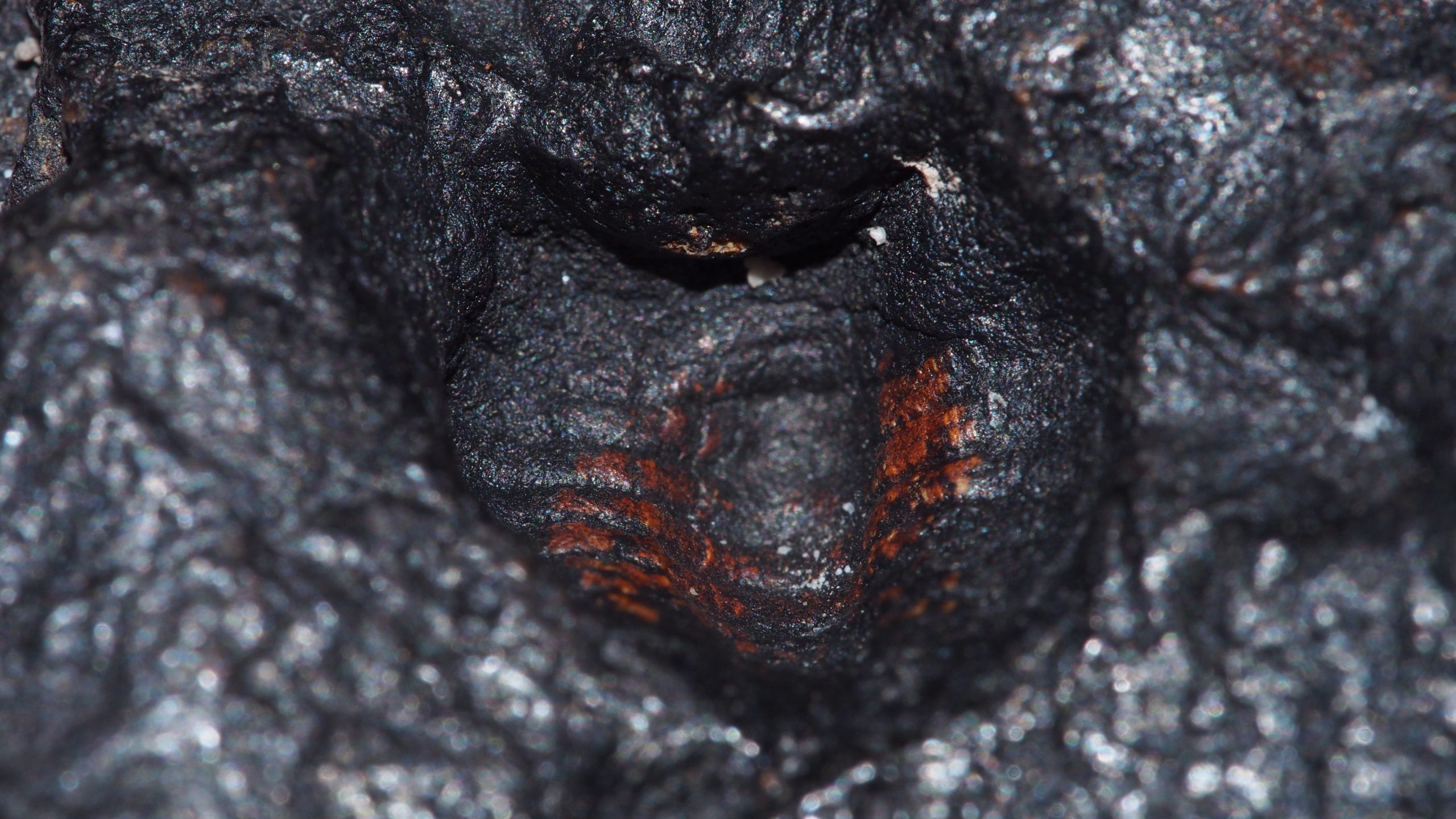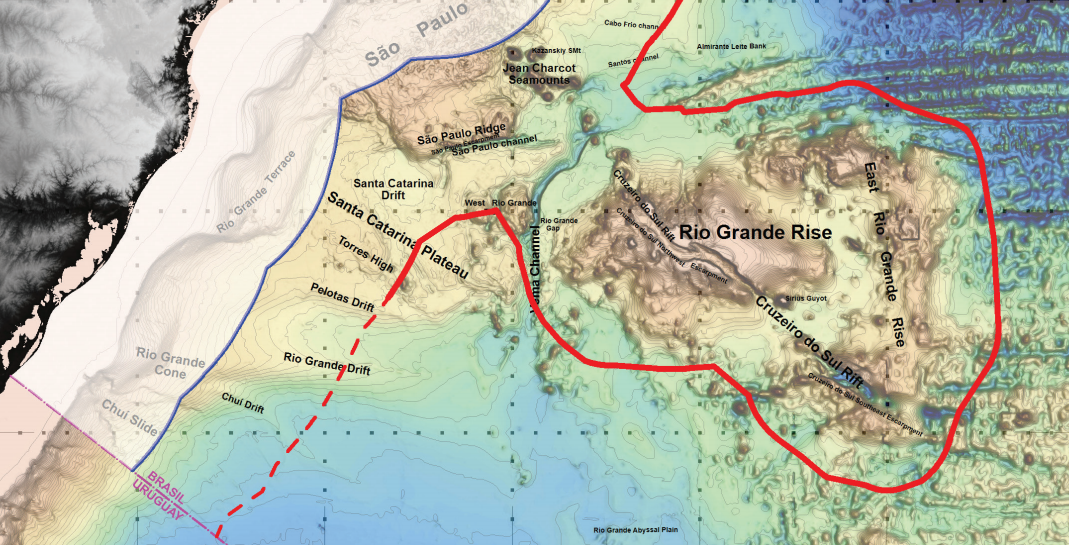Throughout the 26th Session of the International Seabed Authority, during both the council meeting and via media interviews, deep-sea mining contractors have begun to talk about “the trigger”. The trigger is a protocol within UNCLOS which would allow sponsoring states to jumpstart the deep-sea mining process, placing a ticking clock on the development of the […]
Read More
